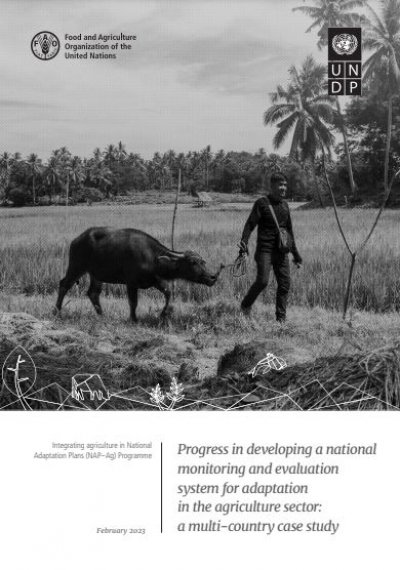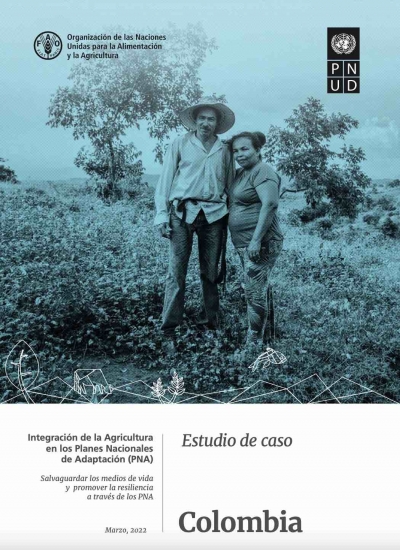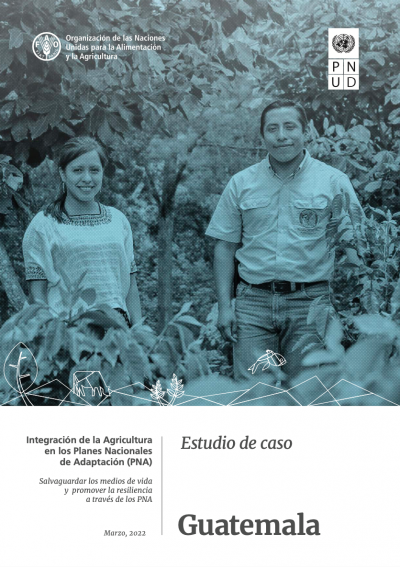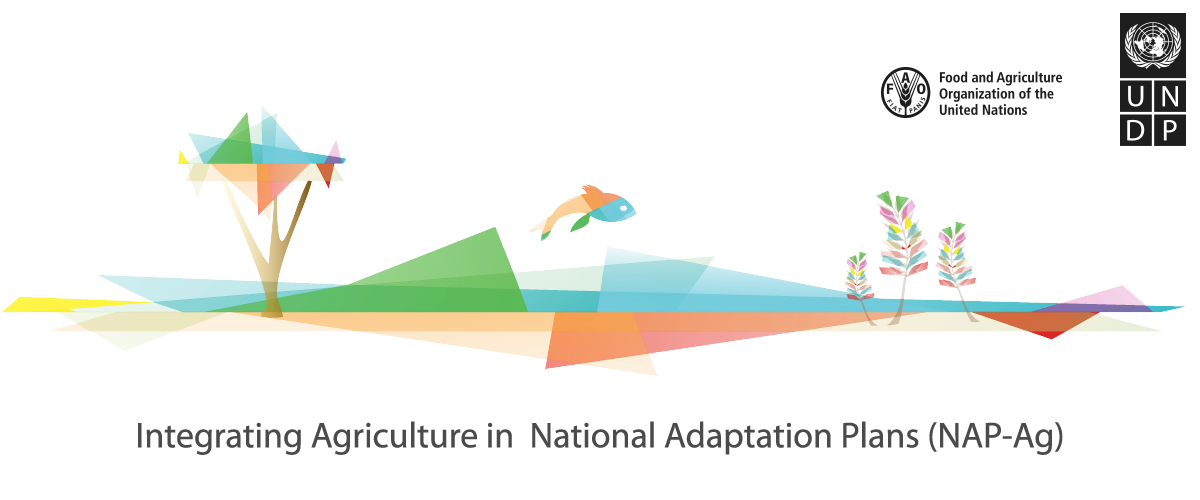
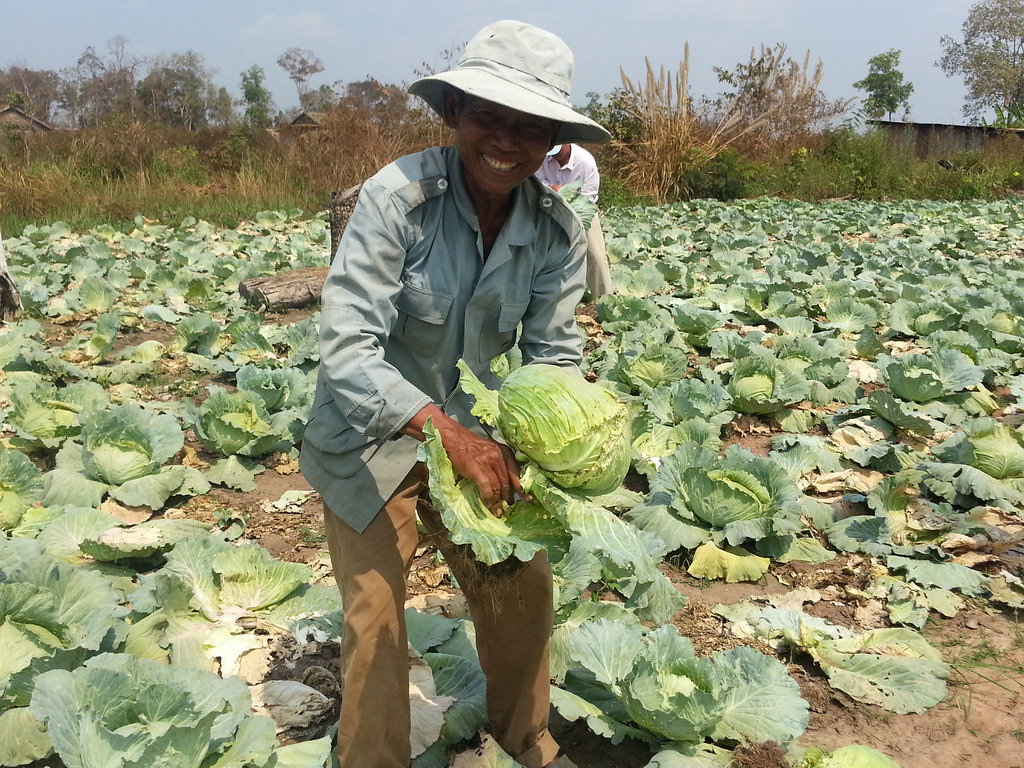
News
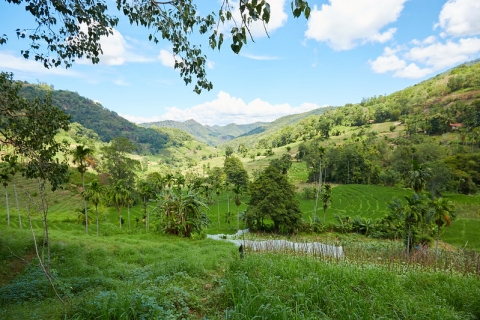
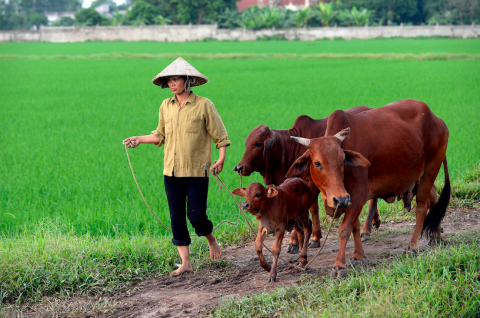

Mainstreaming fisheries and aquaculture in climate change adaptation - New guidelines for adaptation
The fisheries and aquaculture sector has one of the lowest carbon footprints among all food production systems, while supporting livelihoods of millions of people. However, climate change has a profound impact on the wellbeing of aquatic ecosystems, with implications for food security and the...
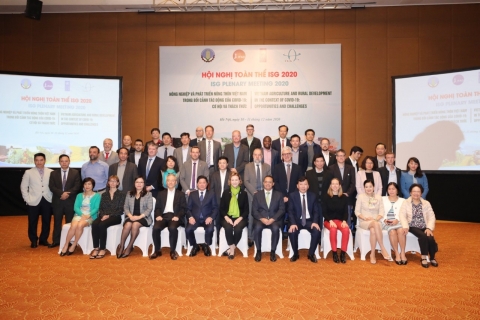
Ha Noi, 11 December 2020 – Despite Viet Nam’s success in both agriculture sector adaptation planning and stopping the spread of the COVID-19 virus, the economic impacts of the pandemic are negatively affecting farmers and, thus, decrease their climate change resilience. ...
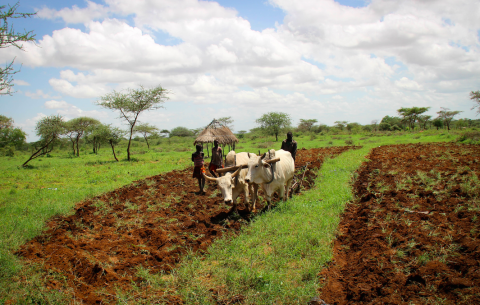
November 2020 - With the FAO-UNDP joint programme on Integrating Agriculture into National Adaptation Plans (NAP-Ag) phasing out in 2020, the momentum and work achieved under the 5-year programme have not. NAP-Ag supported 11 partner countries in Africa, Asia and Latin...
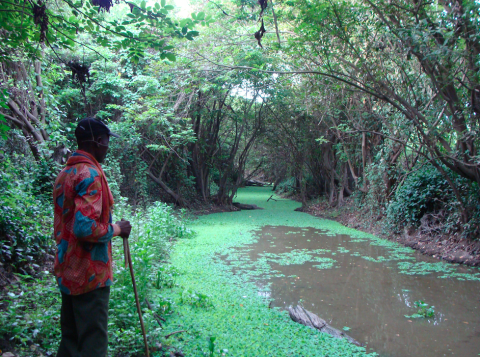
26 November 2020 - The potential of forests and trees to mitigate global warming has long been the main focus of climate change discussions. But forests – and the livelihoods of the 1.6 billion people who depend on them – are also greatly threatened by increasing variability in temperature and...
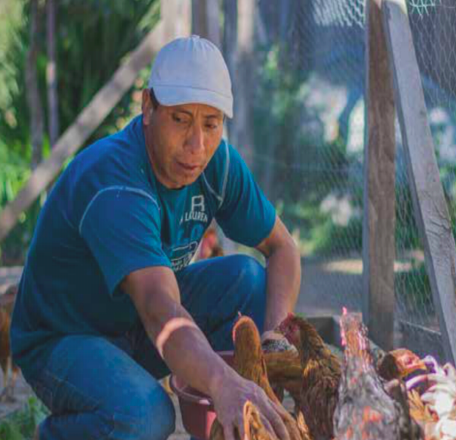
On Thursday, 23 April 2020, the FAO-UNDP “Integrating Agriculture in National Adaptation Plans” (NAP-Ag) Programmeis is organizing a webinar from 16:00 - 17:30 (CET) on Strengthening monitoring and evaluation (M&E) for adaptation planning for the agriculture sectors, based...
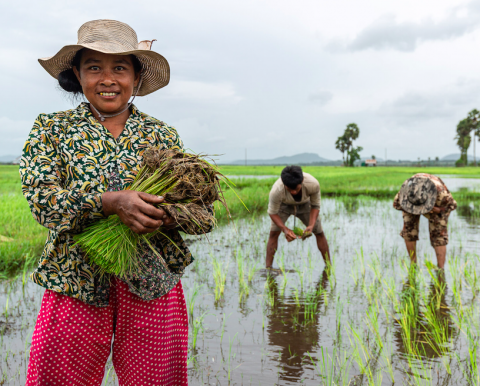
On Tuesday18 February at 8:00 AM EST, the UNDP NDC Support Programme and FAO-UNDP “Integrating Agriculture in National Adaptation Plans” (NAP-Ag) Programme are co-organizing a webinar on mainstreaming gender in adaptation planning for the agriculture sectors.
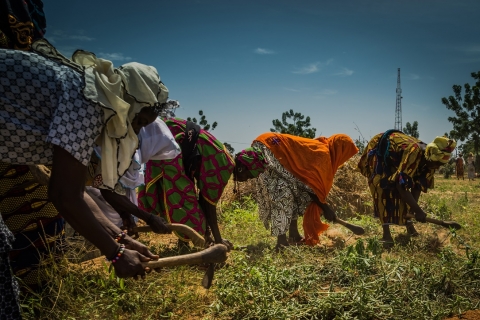
The NAP-Ag programme has developed a range of knowledge products that can be used at various steps during adaptation project design. This articles provides a selection of these products, describing how and when they can be applied.
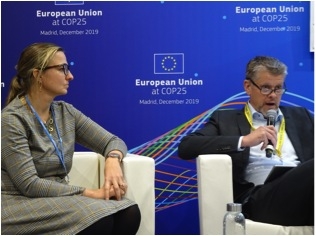
5 December 2019, Madrid, Spain – NAP-Ag partner countries as well as members of the global team got together at the climate change conference (COP25) in Madrid to showcase country experiences of integrating agricultural sectors in national climate policies, as well as...
Resources
Sponsor
Videos
Useful Links
- FAO Climate Change
- United Nations Development Programme
- German Federal Ministry for the Environment, Nature Conservation, Building and Nuclear Safety
- Least Developed Countries Expert Group (LEG)
- United Nations Framework Convention on Climate Change (UNFCCC)
- NAP Central
- weADAPT
- International Climate Initiative (IKI)
